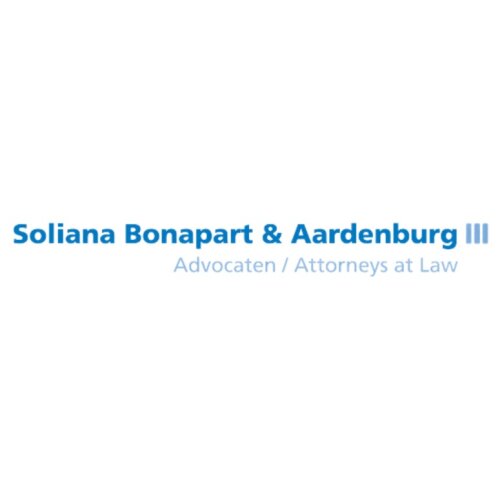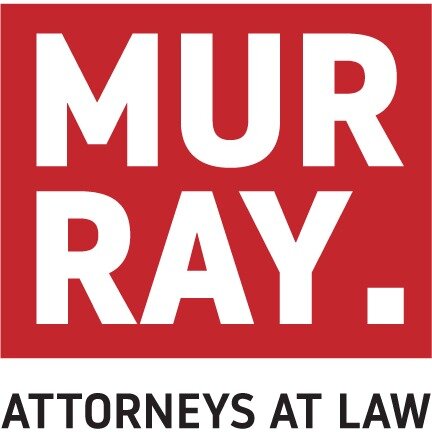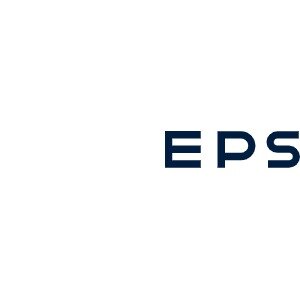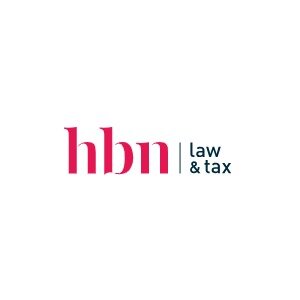Best Restructuring & Insolvency Lawyers in Curaçao
Share your needs with us, get contacted by law firms.
Free. Takes 2 min.
Or refine your search by selecting a city:
List of the best lawyers in Curaçao
About Restructuring & Insolvency Law in Curaçao
Restructuring and insolvency law in Curaçao is designed to address the financial difficulties of individuals and companies. The legal framework allows debtors and creditors to find solutions to financial distress, ranging from business reorganizations to liquidation. Curaçao’s legislation provides structured procedures for negotiating with creditors, overseeing asset distribution, and ensuring that the rights of all parties are protected throughout the process. The aim is to maximize asset value and ensure fair treatment for creditors while offering opportunities for viable businesses to recover.
Why You May Need a Lawyer
Legal assistance is crucial in restructuring and insolvency matters in Curaçao for several reasons. If you or your company are facing mounting debts, inability to pay creditors, or the threat of bankruptcy, a lawyer can help you understand your options and obligations. Lawyers can represent you in negotiations with creditors, guide you through court-supervised restructuring (surseance van betaling), or steward the liquidation process if recovery is not possible. Businesses might also need legal help to pursue claims against insolvent debtors, protect assets, or ensure correct compliance with court procedures. In all scenarios, a specialist can help you avoid costly errors, protect your rights, and achieve the best possible outcome under Curaçaoan law.
Local Laws Overview
Curaçao’s restructuring and insolvency law framework is based on Dutch legal tradition, governed primarily by the Curaçao Civil Code and the Bankruptcy Decree (Faillissementsbesluit 1931). Key elements include:
- Bankruptcy (faillissement): A formal court process in which a debtor’s assets are managed and sold to repay creditors. Creditors’ claims are ranked and paid in a legally established order.
- Suspension of payments (surseance van betaling): A temporary legal measure to allow a company in financial difficulty to reorganize and negotiate with creditors under court supervision, aiming at recovery rather than immediate liquidation.
- Directors’ liability: Company directors can be held personally liable for improper or fraudulent conduct before or during insolvency.
- Secured and unsecured creditors: The law differentiates between types of creditors, affecting how claims are treated during insolvency proceedings.
- Cross-border insolvency: Given the importance of international business in Curaçao, the courts are often involved in cross-border insolvency issues, coordinating with foreign jurisdictions.
All legal processes related to insolvency are handled by the courts, usually the Court of First Instance of Curaçao, with oversight from appointed trustees or administrators.
Frequently Asked Questions
What is the difference between bankruptcy and suspension of payments in Curaçao?
Bankruptcy (faillissement) is a legal process aiming to liquidate a debtor’s assets for creditor repayment, usually when a debtor is unable to meet obligations. Suspension of payments (surseance van betaling) is a temporary measure intended to allow a debtor, typically a business, the opportunity to reorganize and reach an agreement with creditors while protected from immediate asset seizure.
Who can initiate bankruptcy proceedings in Curaçao?
Both creditors and the debtor can file a petition for bankruptcy. The court will assess the application and, if approved, appoint a trustee to administer the bankruptcy estate.
Can individuals file for insolvency or is it only for companies?
Both individuals and companies can be declared bankrupt under Curaçao law. However, suspension of payments is principally designed for businesses, not private individuals.
What happens to company directors during insolvency proceedings?
Company directors remain in place but lose their authority to manage the company once bankruptcy is declared. Instead, a court-appointed trustee takes control of the business’s affairs and assets.
Are all creditors treated equally in bankruptcy?
No, creditors are paid according to legal priority. Secured creditors and preferential creditors (like tax authorities or employees) are paid first, followed by unsecured creditors. Any remaining assets are distributed to shareholders.
Can you rescue a company after insolvency proceedings have started?
It is possible if the company is granted suspension of payments and is able to negotiate a successful reorganization plan with creditors. However, once bankruptcy is declared, the main aim is liquidation.
How long do insolvency proceedings usually take?
The timeline can vary significantly depending on the size and complexity of the case. Some bankruptcies can be resolved in months, while others, particularly those involving complex assets or litigation, may take years.
What are the risks for company directors in insolvency?
Directors may face personal liability if they engage in fraudulent behavior, continue trading while insolvent, or fail to act in the best interests of creditors as required by law.
Can foreign creditors participate in Curaçao insolvency proceedings?
Yes, foreign creditors can file their claims and are entitled to participate on the same basis as local creditors, subject to any relevant international treaties and local rules.
Do I need to go to court to start restructuring or insolvency proceedings?
Yes, formal proceedings like bankruptcy or suspension of payments must be initiated in court in Curaçao. Out-of-court negotiations are possible but are not binding unless formal proceedings are commenced and approved by the court.
Additional Resources
If you need further information or support, the following resources may be helpful:
- Curaçao Bar Association - Offers directories of qualified attorneys specializing in restructuring and insolvency.
- Court of First Instance of Curaçao - Handles insolvency cases and provides public information about court procedures.
- Chamber of Commerce Curaçao - Offers guidance for businesses facing financial distress.
- Government of Curaçao - Provides regulations and information for companies and individuals on insolvency law.
Next Steps
If you are facing financial difficulties or have concerns about restructuring and insolvency, consider consulting a qualified lawyer in Curaçao with experience in this field. Begin by gathering all relevant financial and legal documents, make a list of your questions and concerns, and schedule an initial consultation. Acting early can help protect your assets, clarify your options, and ensure that you comply with local regulations. Whether negotiating with creditors or responding to a legal claim, professional legal guidance is often vital to achieving the best possible outcome.
Lawzana helps you find the best lawyers and law firms in Curaçao through a curated and pre-screened list of qualified legal professionals. Our platform offers rankings and detailed profiles of attorneys and law firms, allowing you to compare based on practice areas, including Restructuring & Insolvency, experience, and client feedback.
Each profile includes a description of the firm's areas of practice, client reviews, team members and partners, year of establishment, spoken languages, office locations, contact information, social media presence, and any published articles or resources. Most firms on our platform speak English and are experienced in both local and international legal matters.
Get a quote from top-rated law firms in Curaçao — quickly, securely, and without unnecessary hassle.
Disclaimer:
The information provided on this page is for general informational purposes only and does not constitute legal advice. While we strive to ensure the accuracy and relevance of the content, legal information may change over time, and interpretations of the law can vary. You should always consult with a qualified legal professional for advice specific to your situation.
We disclaim all liability for actions taken or not taken based on the content of this page. If you believe any information is incorrect or outdated, please contact us, and we will review and update it where appropriate.
Browse restructuring & insolvency law firms by city in Curaçao
Refine your search by selecting a city.













